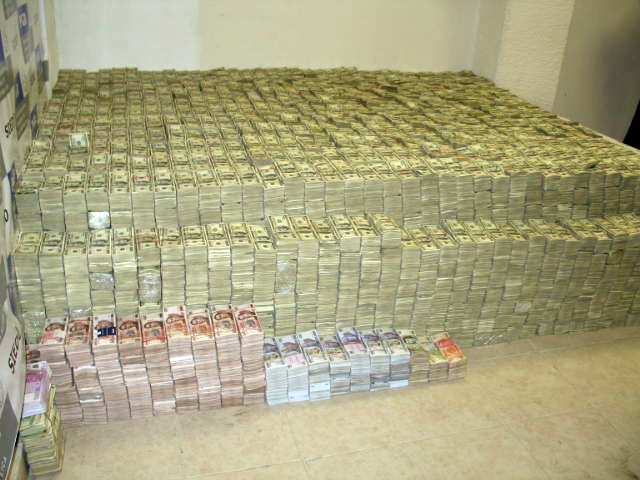
Katy says: As we eagerly await the unveiling of the Constitutional Reform that we will hopefully get a chance to vote on, it's strange to see the government, from Chavez on down, engage in a rhetorical battle with the opposition over the name of its key component: the end of presidential term-limits.
Under the current Constitution, Presidents can only be re-elected once for a second, consecutive six-year term. This means that Chavez, barring any changes, would not be able to run for President in 2012 no matter how much the TSJ tries to "interpret" the Constitution to allow him to do so.
The main reason underlying the reform of a Constitution tailor-made by his supporters a mere eight years ago is to do away with this limit, an idea I'm on the record as supporting. I'm probably on the wrong side of the fence on this one, given how everyone else seems to be panicking about the possibility of this reform passing. However, there's something appealing about the idea of letting chavismo run its course until people have finally tired of it once and for all.
Last year, when this idea was first floated by Chavez, he had no qualms in calling it "indefinite reelection." After all, that is what it is - the ability of a President to be re-elected as long as he wants, i.e., indefinitely. Yet in the past few months, coinciding with polling data showing the public strongly opposing the idea, the President has gone to great lengths to say that it's not an "indefinite re-election" because that term has "negative connotations," that what he is proposing is a "continuous re-election."
This is one of the rare instances of Chavez changing his rhetoric to appease the public. I would have expected him to plow through and continue using the term to sell his idea, to boast about it just like he boasted about PDVSA being a "red, very red" company when, during the campaign, the hidden video of the President of PDVSA using this term threatened to hurt him for about a second.
Yet the fact that the Revolution is trying to re-brand the idea of indefinite re-election indicates that the polling data is probably right, and chavistas are aware of it. Will the opposition continue using this term? Will chavistas manage to cloud the proposal with other stuff that may alarm the opposition, so as to confuse them and take the focus off indefinite re-election? Will chavistas re-brand the proposal succesfully? Will there be an election? Will we win? Will the CNE acknowledge the proposal's defeat? Stay tuned.


